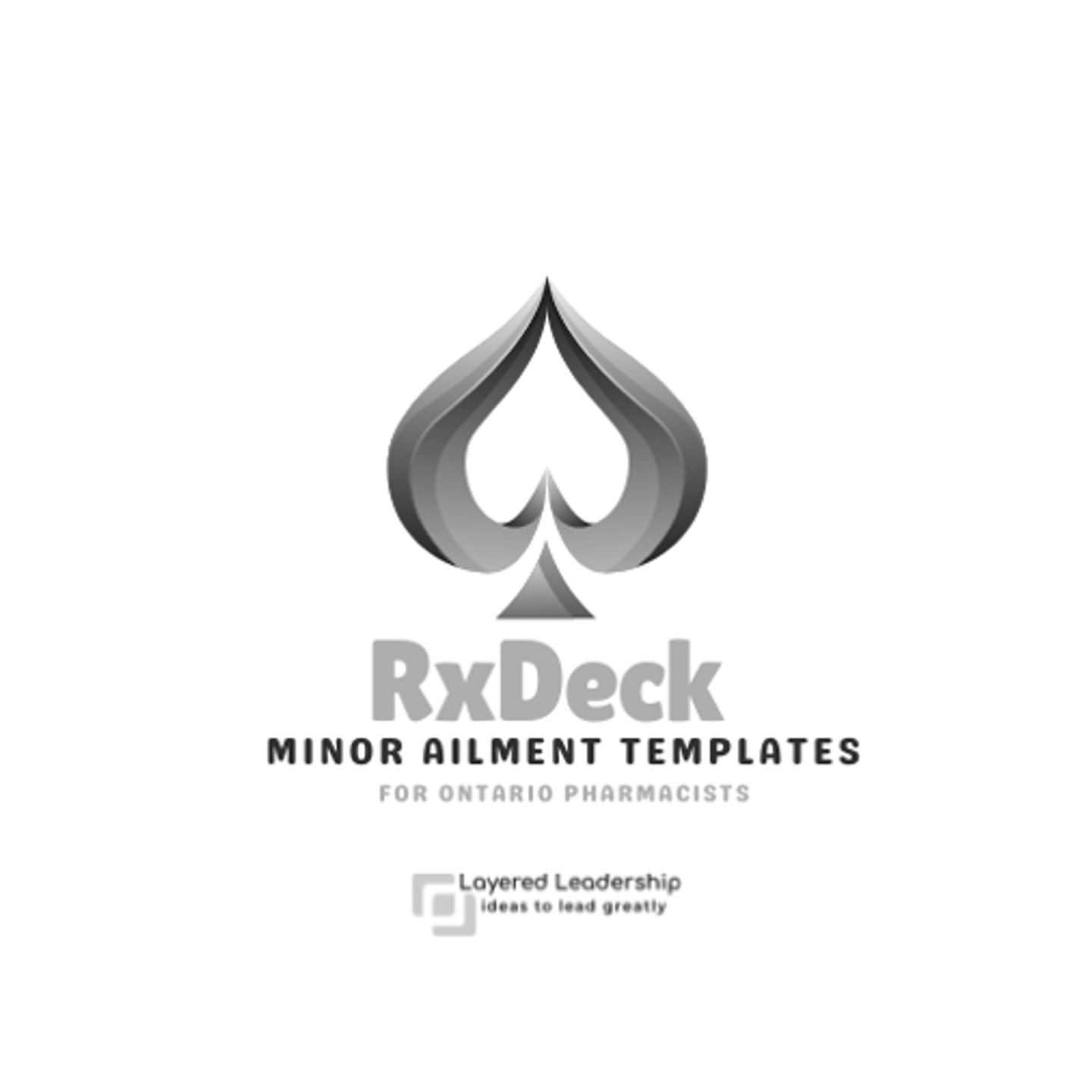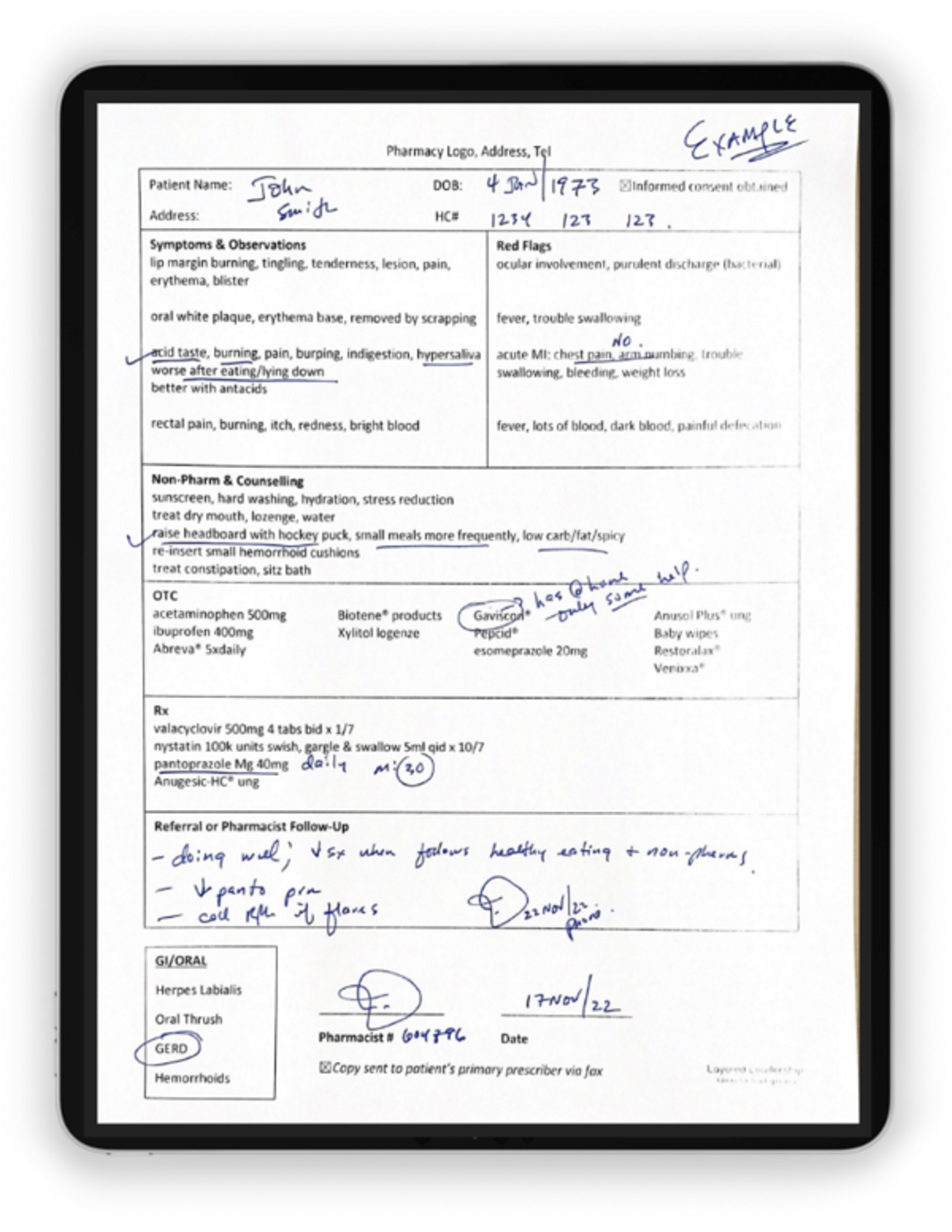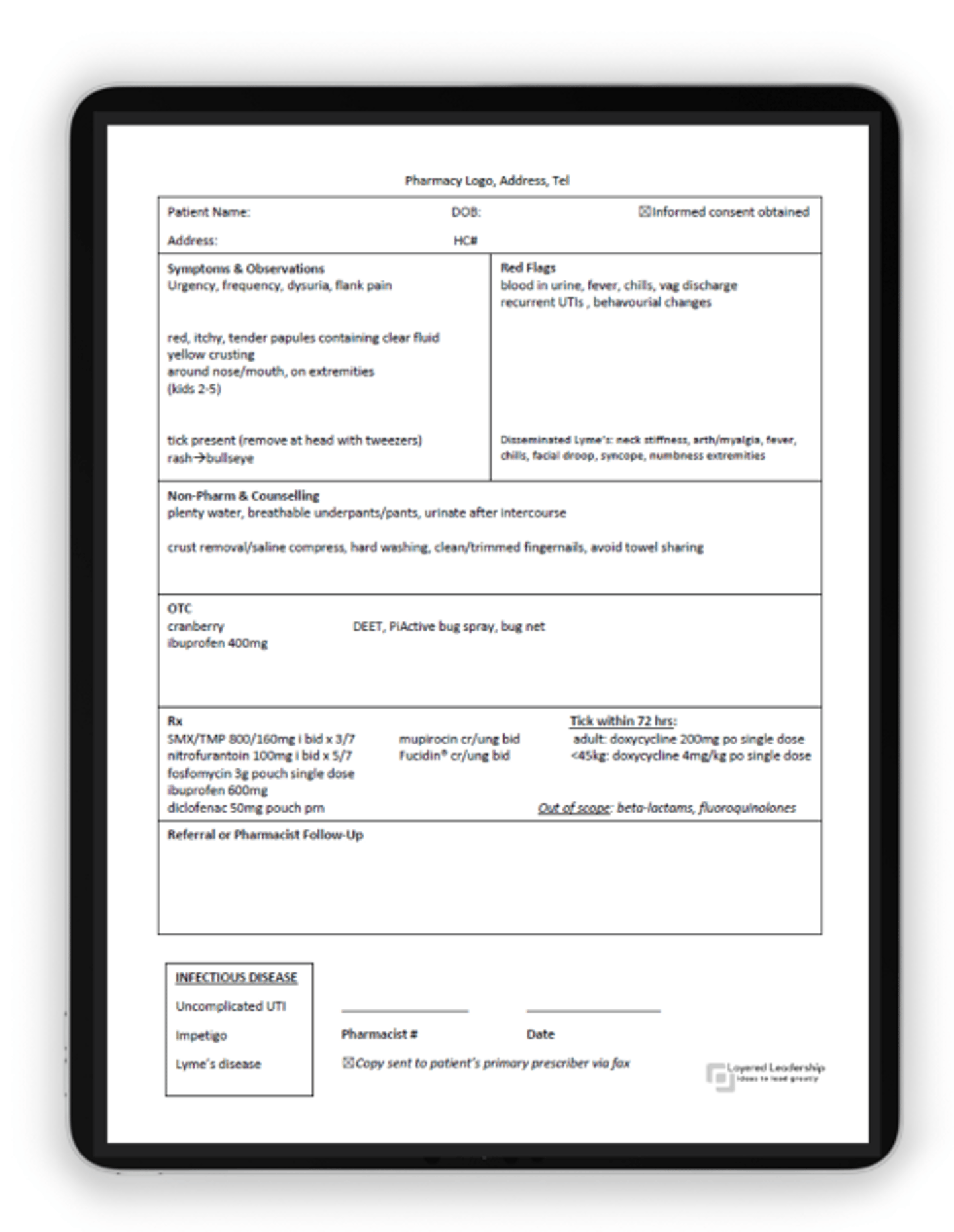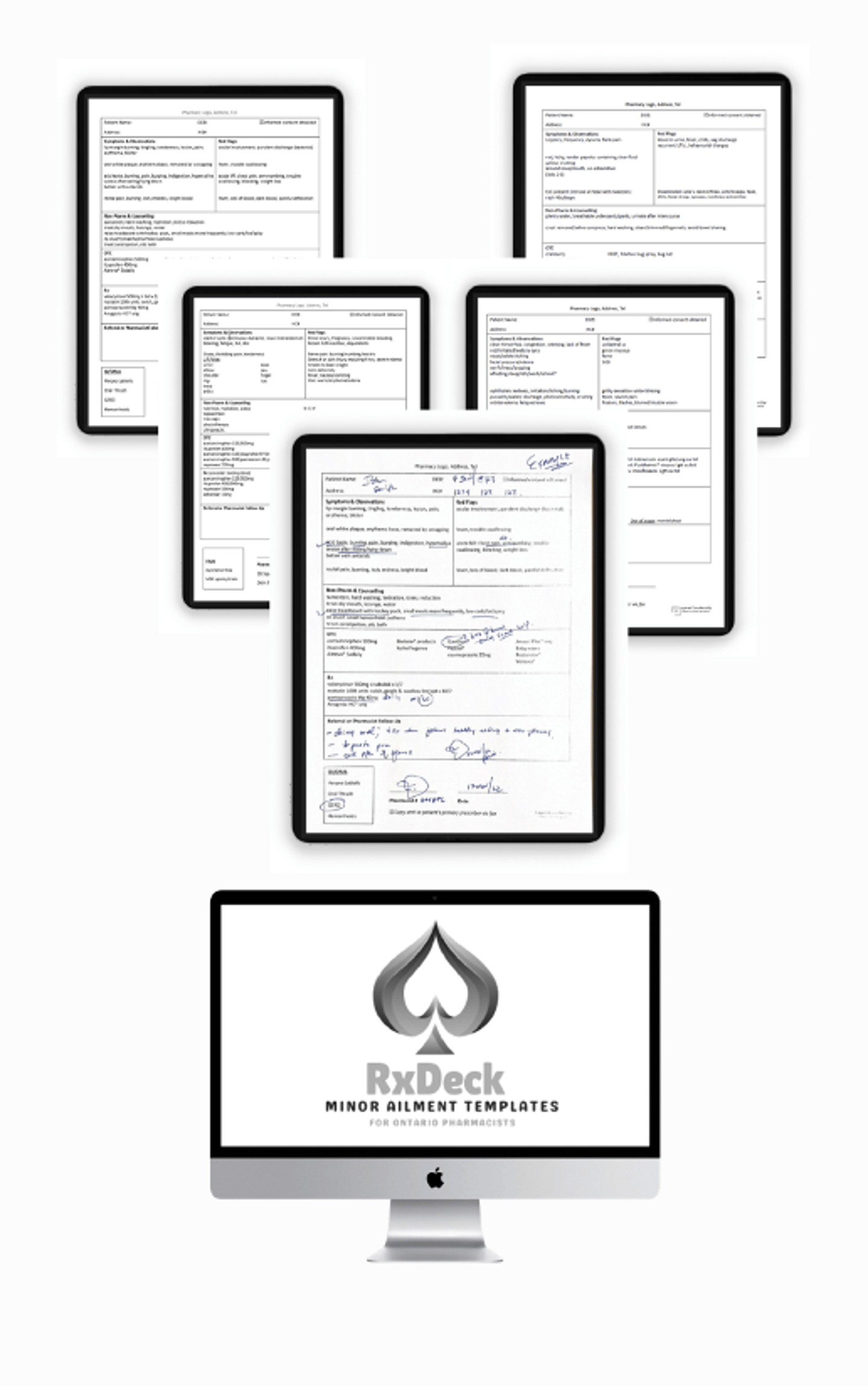Update: Pharmacists and minor ailments. Howzit going?
Check out my video on pharmacists and minor ailments:
Ever wonder how your waitress can remember the details of your order at your table of eight without writing anything down? Perhaps she’s a pharmacist….
At the stroke of 2023, Ontario pharmacists were capable of initiating prescription medications without patients seeing a prescriber beforehand. It is a major solution to a major ailment plaguing a complex and congested healthcare system.
But there’s a catch. Pharmacists are busy, amirite?
In one breath, we went from acknowledging our burnout to being handed more responsibility, liability and opportunity. With phones still ringing, staff still hard to find, faxes (I know, yes, I said…faxes) still coming in, injections still being booked, medication reviews still to conduct, OTC recommendations still waiting and drug plans still to audit us, we have yet another large task to enter our bursting-at-the-seams kitchen.
As pharmacists, we have proven ourselves in countless ways and while there will be a learning curve, this is surely something we can handle. However, in order for pharmacists to execute this further expanded scope and give patients and the healthcare system their deserved justice, we need to be ready.
Here's my tool for pharmacists’ minor ailment prescribing: Rx Deck.
The logo represents a spade because it is our ace-in-the-whole and we have some new digging to do!
Rx Deck is a complication of 5 one-pager templates that cover all 13 minor ailments, clustered by body system. Each template serves as an efficient yet thorough pre-printed order for your assessment, your prescription and follow-up notes. It also doubles as something you can fax (there's that word again!) to a prescriber as part of the regulations. It has check boxes that acknowledge key repetitive items like informed consent collection, lists most common mental prompts you will undergo as a pharmacist, and plenty of free space to add patient-tailored information. See my sample here:
Like the waitress, we need to do the following:
1. Know the menu
We need to clearly understand what we can prescribe, what we cannot and how to dose those items in consideration of their efficacy, availability, costs, drug coverage and more. Rx Deck lists common OTC and Rx medications eligible for our scripts and points out some out-of-scope medications along the way.
For example, for UTIs we can order nitrofurantoin, fosfomycin or SMX/TMP but cannot order fluoroquinolones. Know the menu.
2. Understand the patient
Our assessments involve key questions to draw out pertinent information that points us towards an ailment. Rx Deck lists the common symptoms and red flags, acting like mental prompts so we do not forget key pieces. By underlining or circling those relevant to our specific patient at hand, we document our rationale at the same time.
This prompting mental model is congruent to how pharmacists think. Often, we do not have to invent new information, but rather critique what is in front of us like analyzing a prescription, reviewing a medication list or checking the technical accuracy of the prepared mediations already in front of us. Rx Deck reduces repetitive documentation and creates mental prompting.
3.Operate within a team
Finally, we need to create workflow that recognizes minor ailment opportunities as they are happening. This deeply involves educating staff on what we can do. Rx Deck also contains a simple list of minor ailments in easy language to give to staff as a reference (e.g., cold sores, eczema, bladder infections, pink eye).
You can get your full copy of Rx Deck here. Save the 5 PDFs to your work computer and print off as required. Rinse and repeat.
Snap your fingers and imagine the daily chaos pausing for a moment. Now think of the mom with a small child who has impetigo driving to emerge on Friday night.
Or the panicked dad who just picked off a tick from his daughter’s leg while hiking.
Think of the teen with conjunctivitis looking for the only (back-ordered) antibiotic drops available without seeing a doctor.
Think of the elderly adult who will undergo a fall secondary to not being treated on time for the urinary tract infection.
Pharmacists have answers. Suddenly the most trusted and accessible healthcare provider is even more impactful. Those patients are the reason we became pharmacists and we owe it to them to be prepared. Like the waitress who knows the menu, understands her guests and operates within a team, pharmacists now have another route through which they can make a serious difference. But only if they are ready.










